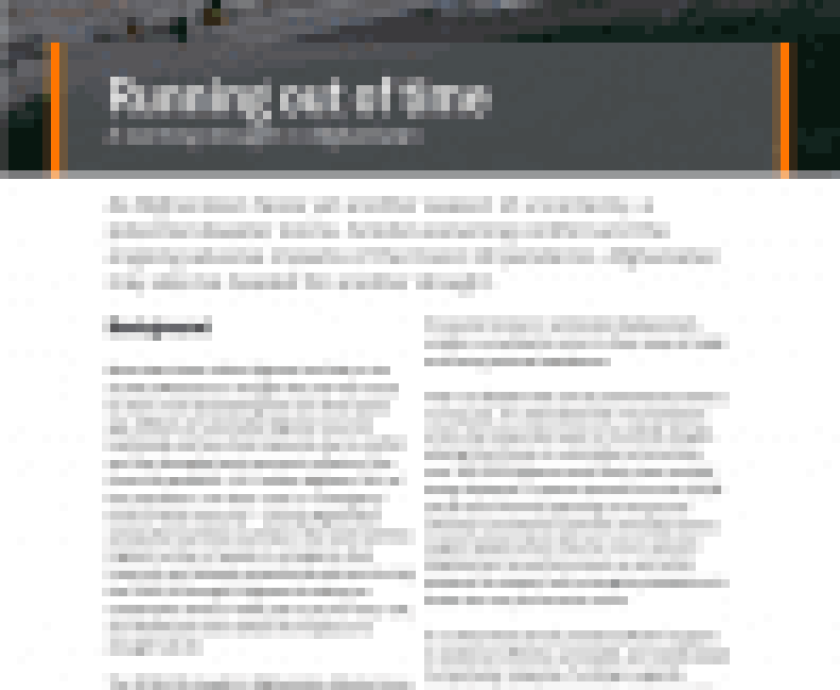Click to expand Image
Hanan Al-Barassi, a Benghazi-based lawyer, was assassinated by unidentified gunmen on November 10, 2020, in her hometown.
© 2020, Hanan Al-Barassi’s Facebook Live
(Beirut) – Eastern Libyan authorities should promptly investigate the apparent politically motivated killing of a lawyer, Human Rights Watch said today. Hanan Al-Barassi, an outspoken critic of violations by armed groups in eastern Libya, was shot dead in Benghazi by unidentified masked gunmen on November 10, 2020. She said that she had received numerous death threats in the days leading up to her killing.
The attackers initially attempted to kidnap Al-Barassi from a shop on Street 20 in Benghazi in the early afternoon of November 10, but ended up shooting and killing her, said a statement from the Benghazi Security Directorate, which has promised an investigation. The statement said that the gunmen fled in two unmarked cars with darkened windows. Al-Barassi had three bullet wounds resulting in serious head injuries, said a medical examiner in Benghazi who has knowledge of the incident.
“The killing of an outspoken lawyer in broad daylight in Benghazi will send chills through activists across the region,” said Hanan Salah, senior Libya researcher at Human Rights Watch. “This brutal killing smacks of a cold-blooded execution. The only way to end this cycle of violence is if authorities hold criminals to account for these terrible acts.”
Al-Barassi repeatedly said on Facebook Live that she supported Khalifa Hiftar, commander of the armed group Libyan Arab Armed Forces (LAAF), which controls Libya’s eastern region, including the city of Benghazi. She frequently appeared live on Facebook, often while driving a car, where she discussed alleged widespread corruption of members of certain armed groups and other abuses. She accused members of armed groups of assault and rape of women, later retracting some of her allegations. Al-Barassi went by the pseudonym Azouz Barqa (“Barqa’s old woman”).
During a Facebook Live appearance on the day she was killed, Al-Barassi said she would soon go public with more allegations of abuses and corruption by an armed group but did not give details. In an hour-long broadcast on November 9, Al-Barassi criticized “family rule” in Libya and alleged that relatives of Hiftar were implicated in corruption and abuse of power. In a Facebook Live appearance on November 7, she said that her daughter had survived an assassination attempt.
Al-Barassi had also publicly disclosed on her Facebook page the names and phone numbers of people she said had threatened her because of her outspoken criticism, drawing attacks and more threats.
Women human rights defenders and outspoken women face harassment, intimidation, and violence in Libya. Al-Barassi’s killing in Benghazi comes almost a year and half after the politically motivated abduction of a member of Libya’s parliament, Seham Sergewa, by armed men apparently affiliated with the LAAF from her home in Benghazi on July 17, 2019. Sergewa was an outspoken critic of Hiftar’s armed assault on Tripoli. Her whereabouts remain unknown. Salwa Bugaighis, a renowned Libyan human rights lawyer and activist, was shot dead in her home in the eastern city of Benghazi in 2014 by unidentified gunmen. The authorities did not investigate or prosecute anyone for her killing.
The International Criminal Court (ICC) has a mandate to investigate war crimes, crimes against humanity, and genocide in Libya since 2011. A recently established UN fact-finding mission on Libya has the mandate to investigate serious violations in Libya since 2016. They should put their mandates to good use to support a credible, independent investigation into Al-Barassi’s killing.
“Armed groups in Benghazi seem to think they are invincible and immune from accountability,” Salah said. “The authorities there need to prove them wrong and ensure that they face justice for their crimes.”



